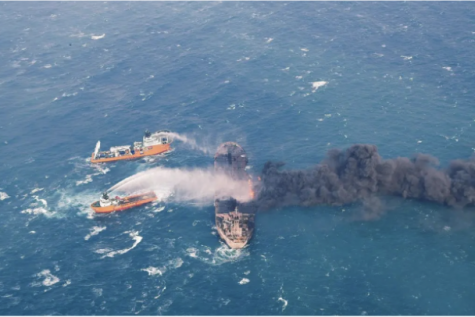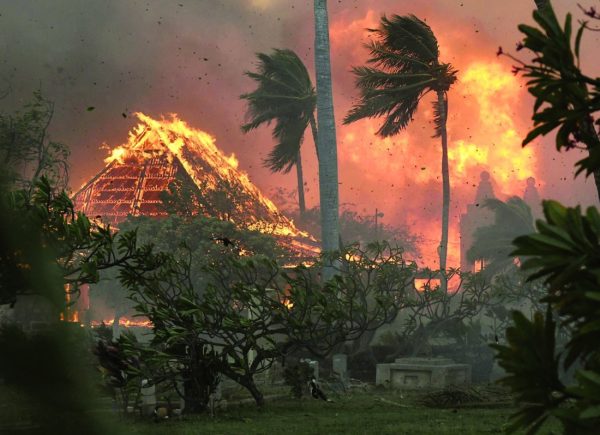Big Oil’s Role in Climate Change Disinformation

December 14, 2021

In recent years, many big oil companies have been questioned on their influence on climate change. During a recent debate, executives of the largest oil companies such as Mobil, Exxon, Shell, and Chevron have made their statement on fossil fuels. They acknowledged that the burning of their products are driving climate change, but also stated fossil fuels are not about to disappear. Big Oil heads deny hiding the truth about their impact on their environment to the public.
Currently, the wealthiest countries such as the United States, Canada, and Japan are responsible for nearly 50 percent of the greenhouse gas emissions from fossil fuels and their industries. The oil and gas industry release massive amounts of harmful gases into the atmosphere that endanger the health of many people. The environmental damage that results from oil retraction and production directly affects the lives of humans and habitants in the region. The fossil fuel industry were first notified about the effects of climate change in the 1950s, but they made no effort to change their ways.
After decades of concealing the truth and wielding enormous economic and political power, oil giants must face the consequences of causing the greatest existential threat of our lifetimes. An extraordinary amount of lawsuits holds the oil and gas industry accountable for the environmental devastation they have caused through fossil fuels. Over the last few years, the pressure on Big Oil companies has increased because their disinformation has become widely known to the public.












